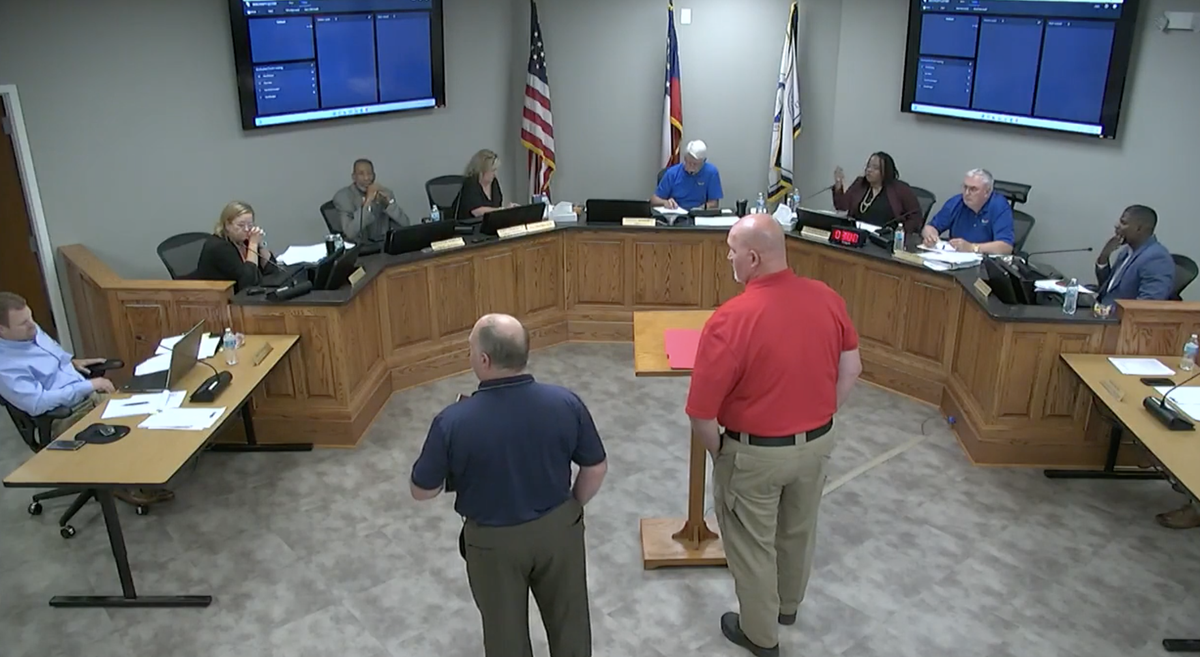COVINGTON, Ga. — Covington council members have voted to lower the property tax rate and give city employees a 6% raise with the help of federal COVID relief funding.
Council members voted unanimously Aug. 1 to give up about $574,000 in new revenue that would have been generated by leaving the tax rate at last year's level of 6.884 mills and approved the full rollback rate of 6.276.
The 6.884-mill rate was the same tax rate imposed last year and would have generated $6.39 million in revenue — $574,000 more than last year, said city Finance Director Randy Smith. The increase would have been about $60 on a home assessed at $250,000
The assessed taxable value of all real and personal property in Covington — called the tax digest — increased almost 10% since last year. — rising from $844.8 million in 2021 to $928.2 million this year.
However, the state mandates that taxing authorities calculate a full rollback rate that will generate the same amount of revenue as the previous year if no reassessments had occurred.
The full rollback rate of 6.276 mills will bring in about $5.8 million in revenue, which is about the same as last year, Smith said.
Mayor Steve Horton noted the budget had increased $29 million in two years amid increased demand for utility services and manpower, among other needs.
He noted a city homestead exemption referendum is expected to be on the ballot in 2023.
Council members then turned to consideration of a cost of living allowance (COLA) increase and first discussed a 3% increase. However, Councilwoman Charika Davis said she had received calls from employees complaining they could not afford the insurance the city offered at their current rate of pay.
They then considered a 6% raise after hearing the $1.18 million needed to pay for the increase could come from the city's Electric Fund, which is where some federal COVID relief funds were directed after the city received them in 2021, Smith said.
Councilman Kenneth Morgan said the increase may help retain employees who often leave Covington for higher-paying positions elsewhere in Metro Atlanta after the city spent the money to train them.
After the meeting, Smith said the COLA increase affects 302 employees. He said there are 337 budgeted positions but the city has "quite a few openings currently."
Employees will see the cost of living increase on their paychecks dated Aug. 12, he said.





